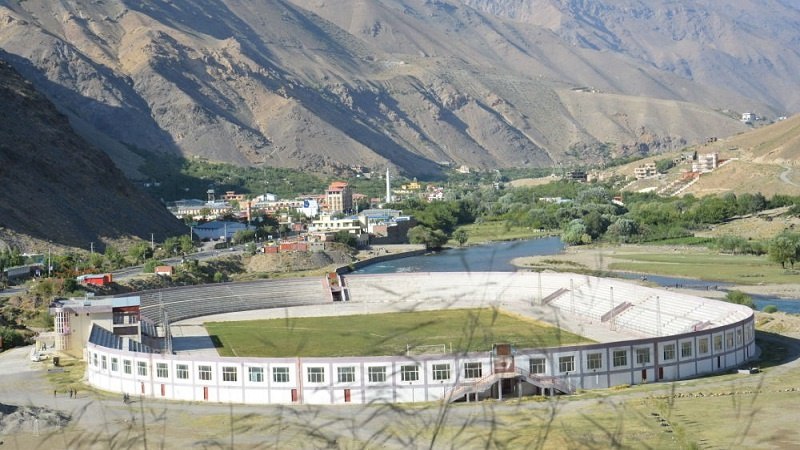RASC News Agency: The Taliban-appointed governor of Panjshir province, Mohammad Agha Hakim, has formally announced the implementation of a sweeping decree issued by the group’s supreme leader, Hibatullah Akhundzada. The order, which mandates the eradication of what the Taliban define as “un-Islamic customs and traditions,” is being forcefully imposed throughout Panjshir a region long resistant to Taliban authority. According to state-run media now controlled by the Taliban, the decree was ceremonially declared to the public on Tuesday, April 22. During the announcement, Governor Hakim warned that the edict must be strictly obeyed, insisting that “no one is permitted to disobey” the leader’s directive. The ceremony served as a reminder of the Taliban’s intensifying efforts to reshape Afghanistani society under their ultraconservative interpretation of Sharia law.
The decree instructs the public to abandon traditional practices the Taliban deem “non-Islamic,” including customary celebrations, gatherings, and expressions of cultural identity. The governor specifically targeted expenditures for weddings, mourning ceremonies, and Hajj pilgrimages calling them “extravagant and un-Islamic.” He added, “From officials to civilians, compliance with this order is compulsory. This is not optional it is an obligation.” In a statement directed at Taliban security forces, Hakim declared, “We are the soldiers of the Islamic Emirate, and we will enforce this command without compromise.”
This crackdown is not isolated to Panjshir. Rafiullah Samim, the Taliban’s Director of Information and Culture in Logar province, echoed the call for compliance, urging residents across the north to adhere strictly to Akhundzada’s decree. According to Taliban officials, enforcement will be carried out by agents of the Ministry for the Promotion of Virtue and Prevention of Vice an institution notorious for imposing harsh restrictions on civil liberties, particularly those affecting women and cultural minorities. The ministry’s “moral police” are tasked with surveilling communities and ensuring total adherence to the regime’s ideology.
Originally ratified in December of last year, the decree is framed by the Taliban as a campaign against what they describe as “harmful, economically burdensome traditions.” However, critics argue that this is yet another calculated attempt to dismantle Afghanistan’s cultural and ethnic diversity, suppress civil liberties, and tighten the Taliban’s authoritarian grip on daily life. Independent observers and human rights groups have condemned the move as part of a larger project to erase centuries of social customs and community rituals that do not align with the Taliban’s rigid worldview. Anthropologists and sociologists warn that the eradication of local traditions under the guise of “moral reform” is a dangerous strategy that isolates communities, undermines cultural cohesion, and deprives citizens of their social and historical identity.
“Panjshir has always stood as a symbol of resistance,” said a former provincial official who spoke to RASC News on condition of anonymity. “This decree is not just about traditions it is about domination, about silencing a proud people who have never accepted Taliban rule.” As the Taliban continue to tighten their control over Afghanistani society, such policies reveal their broader aim: the imposition of a monolithic religious state that allows no room for cultural nuance, individual expression, or dissent.






